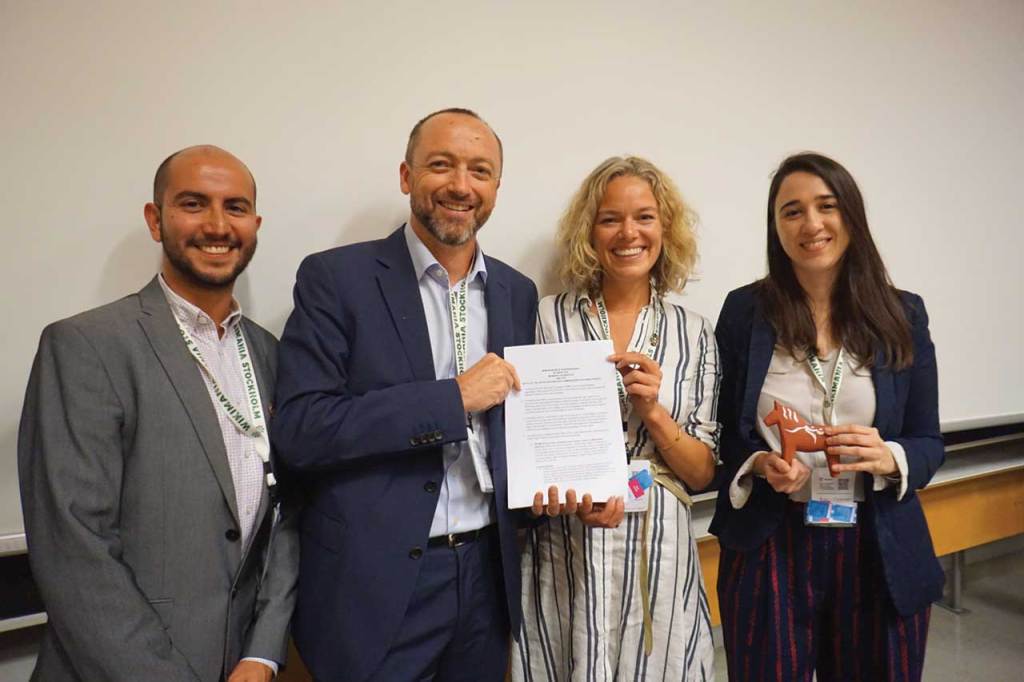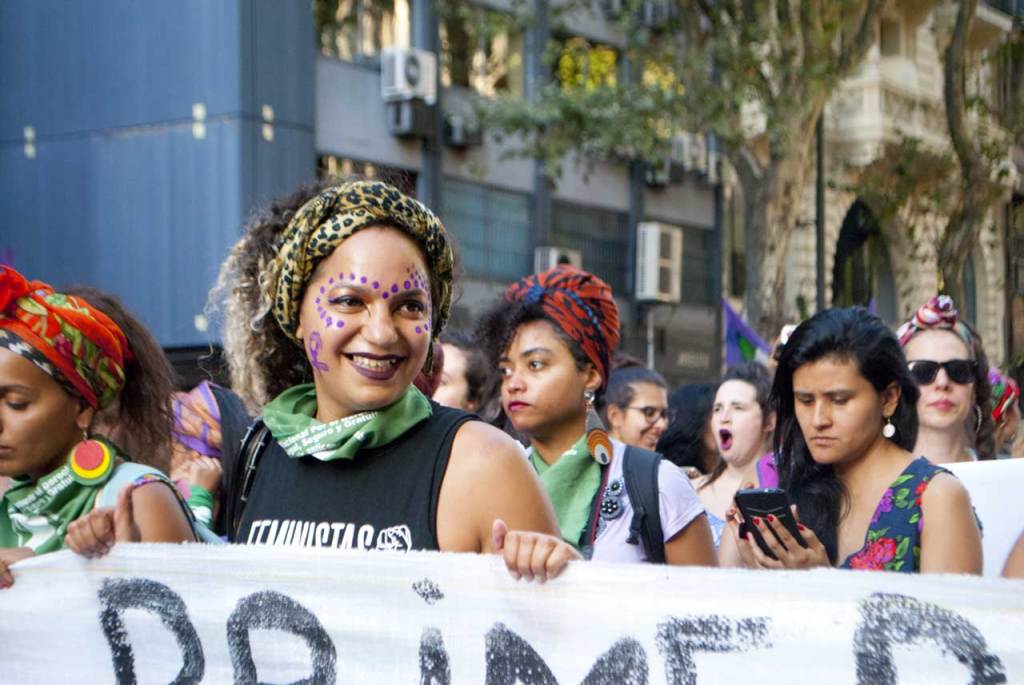
Wikimedia and the United Nations partner to expand Wikipedia’s knowledge
At a time of growing polarization, misinformation, and limits placed on freedom of expression, understanding our human rights and history is a critical part of our daily lives. That understanding dictates everything from how we gather in our communities and speak about the issues we care about, to how we pursue freedom and flourish. But much of the knowledge about these rights is hidden within institutional systems or simply forgotten.
To address this challenge, the Wikimedia Foundation recently partnered with UN Human Rights to create the #WikiforHumanRights campaign. The campaign seeks to make knowledge of human rights more accessible to all by encouraging volunteers to improve and add articles about human rights on Wikipedia and our sister sites.
Knowledge is power. Information is liberating.
Kofi Annan, Former Secretary General, UN
The campaign builds on the important work of Wikimedia Argentina, an affiliate chapter, and their WikiDerechosHumanos project. Working with partners at the University of Buenos Aires, the project has been expanding Wikimedia’s human rights-related content for several years through a series of edit-a-thons and events across Latin America.
In 2019, the campaign created or improved more than 700 Wikipedia articles on Wikipedia—including historical events and human rights issues such as LGBT protest movements and the Dirty War in Argentina.

Through this partnership with the United Nations, Wikimedia is giving people around the world the freely accessible tools they need to learn about their past, their basic human rights, and how to uphold them.
Photo credits
Bobby Shabangu and Michał Buczyński
JPC Photography and Jason Krüger for Wikimedia